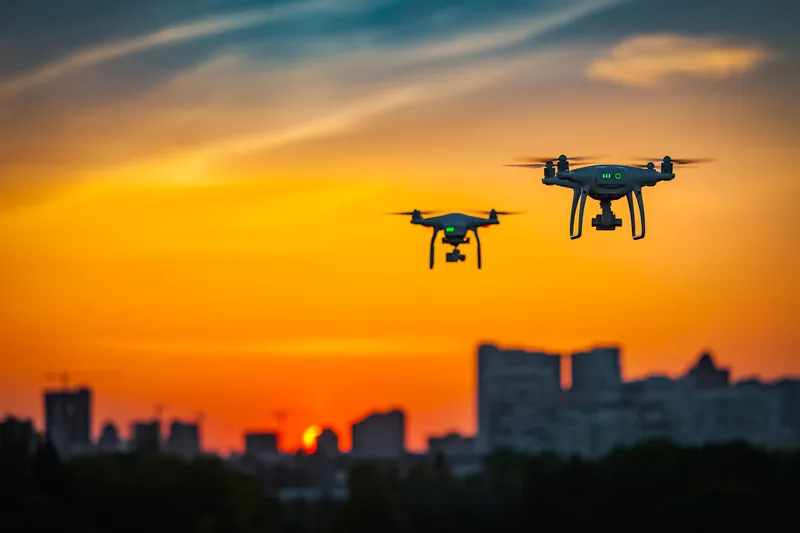'Smart' road barriers that will speed up emergency response times to crash sites are being trialled in South Australia.
The wire rope technology, designed in South Australia, is expected to improve crash response times by sending an electronic message direct to the city's traffic management centre when a vehicle crashes into the barrier.
The technology has been installed on one of the state's most notorious roads and will be trialled for a year at a cost of US$112,000. If successful, the government wi
November 14, 2013
Read time: 2 mins
'Smart' road barriers that will speed up emergency response times to crash sites are being trialled in South Australia.
The wire rope technology, designed in South Australia, is expected to improve crash response times by sending an electronic message direct to the city's traffic management centre when a vehicle crashes into the barrier.
The technology has been installed on one of the state's most notorious roads and will be trialled for a year at a cost of US$112,000. If successful, the government will consider rolling the technology out across the state.
"The rope will detect when a vehicle has crashed into it, triggering an electronic alert to be sent to the Traffic Management Centre at Norwood," Road Safety minister Michael O'Brien said. "By knowing when a vehicle has hit the barrier, the centre can immediately alert emergency services. This will help to improve response times to crashes, rather than waiting for the police, the public or someone involved in a crash to report the accident."
The technology also allows technicians to monitor the tension of the wires.
"If there is a loosening or an impact to the wire ropes, the traffic management centre is alerted and are able to dispatch a work crew to fix the barrier if required," O'Brien said.
The wire rope technology, designed in South Australia, is expected to improve crash response times by sending an electronic message direct to the city's traffic management centre when a vehicle crashes into the barrier.
The technology has been installed on one of the state's most notorious roads and will be trialled for a year at a cost of US$112,000. If successful, the government will consider rolling the technology out across the state.
"The rope will detect when a vehicle has crashed into it, triggering an electronic alert to be sent to the Traffic Management Centre at Norwood," Road Safety minister Michael O'Brien said. "By knowing when a vehicle has hit the barrier, the centre can immediately alert emergency services. This will help to improve response times to crashes, rather than waiting for the police, the public or someone involved in a crash to report the accident."
The technology also allows technicians to monitor the tension of the wires.
"If there is a loosening or an impact to the wire ropes, the traffic management centre is alerted and are able to dispatch a work crew to fix the barrier if required," O'Brien said.









